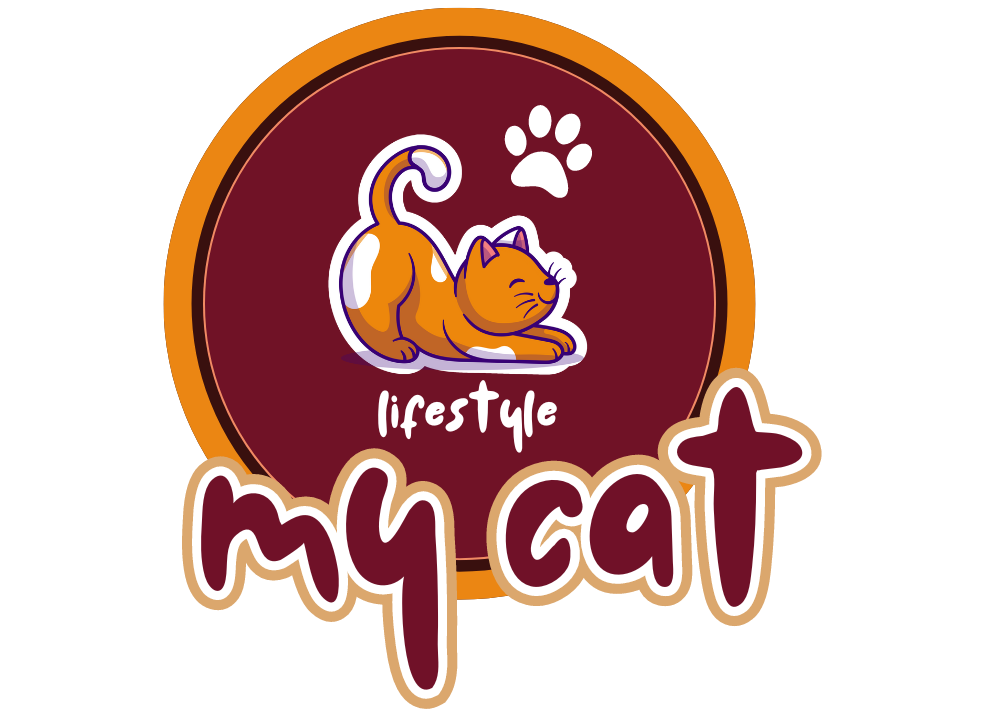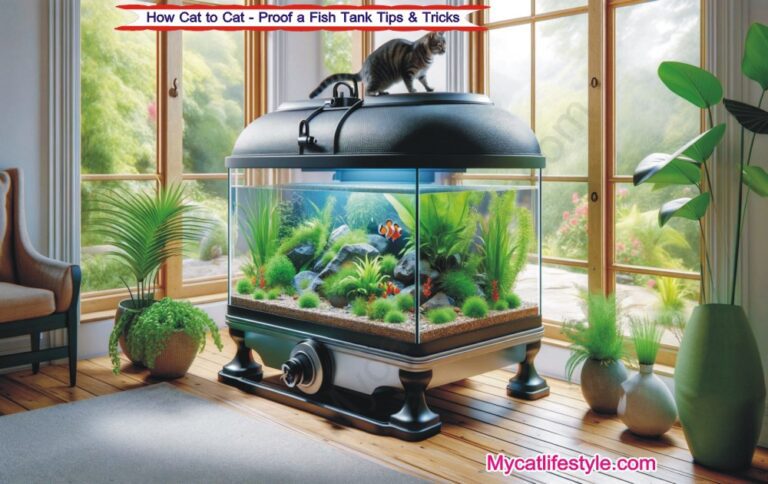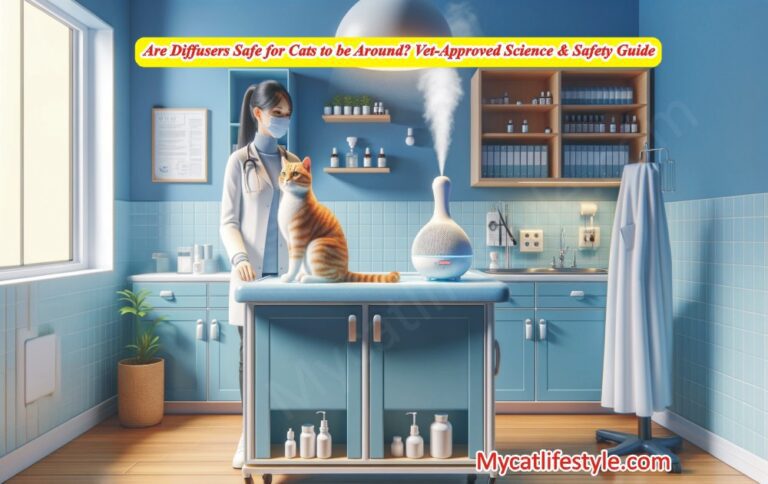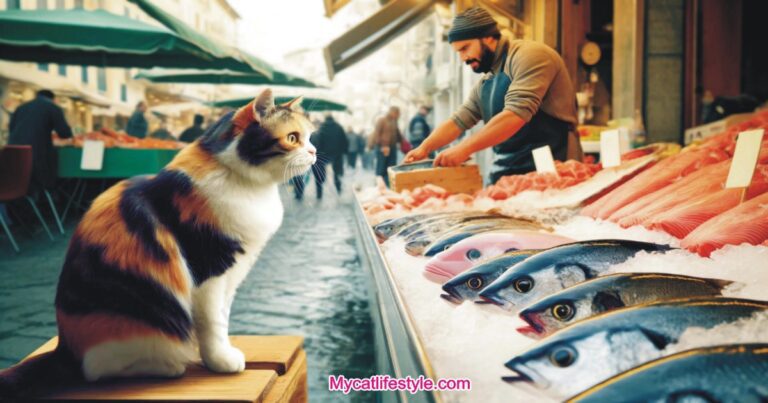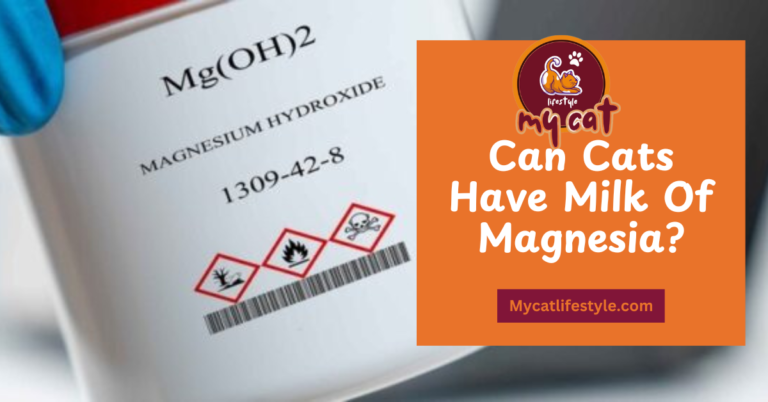Why Is My Cat Not Eating After Dental Cleaning or Dental Surgery?
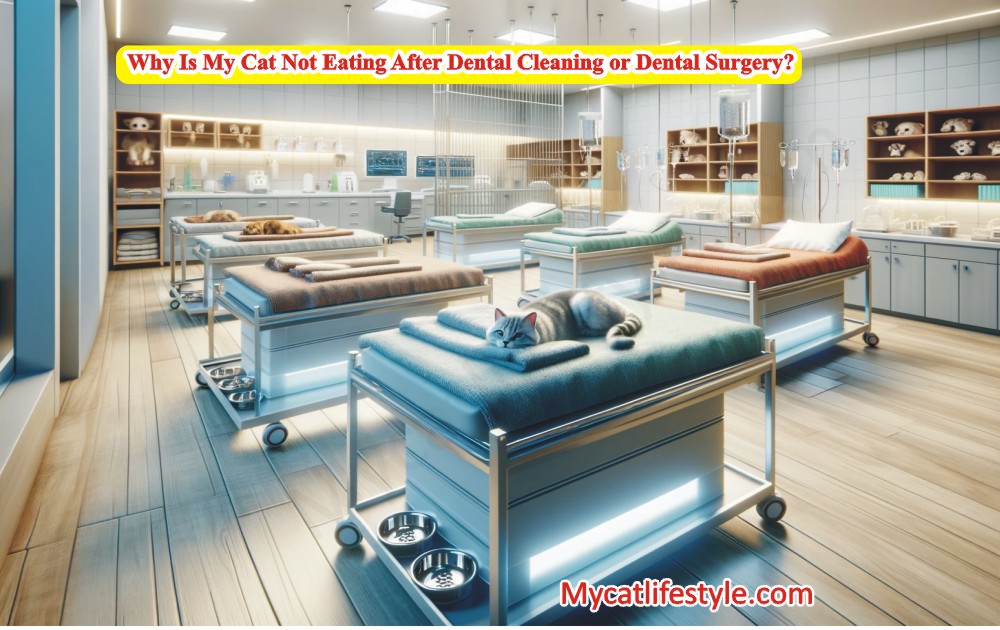
A decrease in your cat’s appetite or reduced visits to their water bowl may indicate an oral health issue. Just as humans avoid eating or drinking when experiencing dental pain from conditions like broken teeth, cavities, or gum diseases such as periodontitis and gingivitis, cats react similarly. Oral bacteria can also cause bad breath in cats.
After dental treatments like cleanings or surgeries, people often find it hard to chew and are advised to avoid very hot or cold beverages and stick to soft foods for at least a day. Cats face similar challenges after dental procedures, including potential tooth fractures and the need for tooth extractions or abscess drainage.
Inflamed gums can significantly discomfort cats, akin to the pain humans feel, impacting their overall well-being and reducing their interest in food and water. Regular dental check-ups, ideally every six to twelve months, are crucial to maintaining your cat’s dental health and overall quality of life.

Why Is My Cat Not Eating After Dental Cleaning or Dental Surgery?
Typically, cats resume eating within 24 hours following a dental procedure. Vets often prescribe antibiotics and pain medication for a few days post-operation to help manage discomfort and prevent infection. It’s common and usually not concerning if a cat shows little interest in food for a few days after dental work.
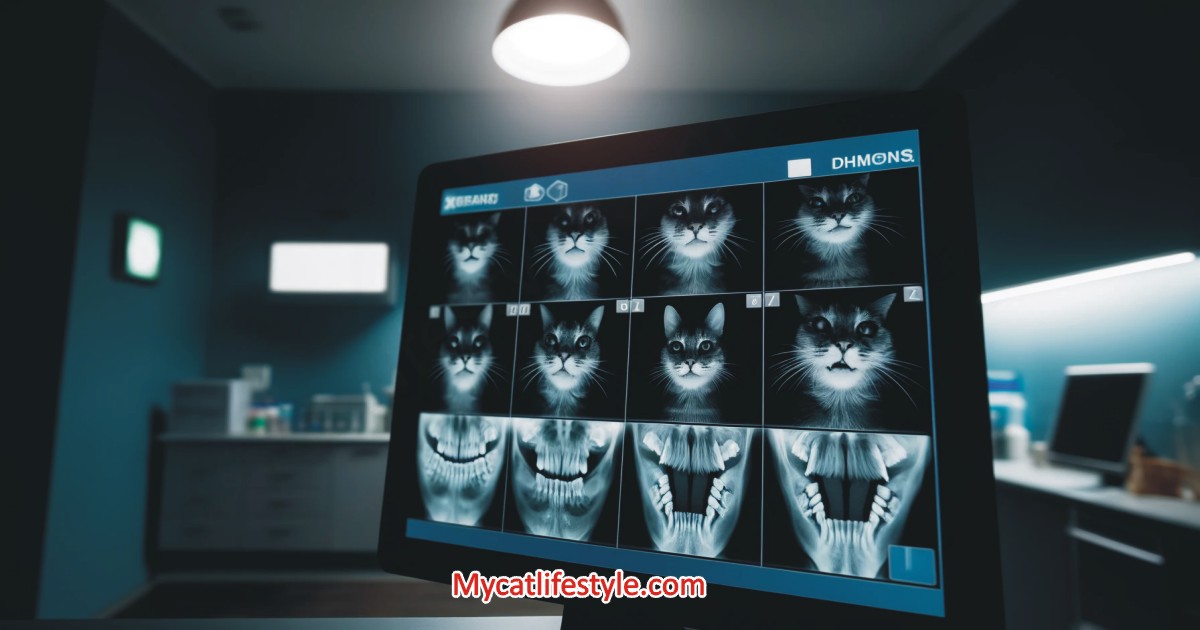
Cats often exhibit grogginess due to the anesthesia used during dental procedures, which may take several hours to fully dissipate. Each cat reacts differently to anesthesia; some may display unusual behaviors or seem unable to tolerate solid foods immediately following the procedure. Signs that your cat is in pain and adjusting to the effects of anesthesia might include unusual aggression, reluctance to be touched, anxiety, irritability, vocalization, pacing, and agitation.
Nausea and vomiting can occur as side effects of anesthesia, and cats may drool more than usual before and after the procedure. Pain may persist for a few days, making eating uncomfortable. However, healing generally progresses quickly, allowing most cats to eat soft foods within two weeks.
During the recovery phase, offering your cat soft, easily chewable foods like moist pate-style cat food or even baby food can be beneficial, especially if chewing is difficult. Avoid giving your cat hard foods if it has sutures. A follow-up visit to the vet is typically advised a few days after the procedure to check on the healing of the gums and to ensure there is no infection.
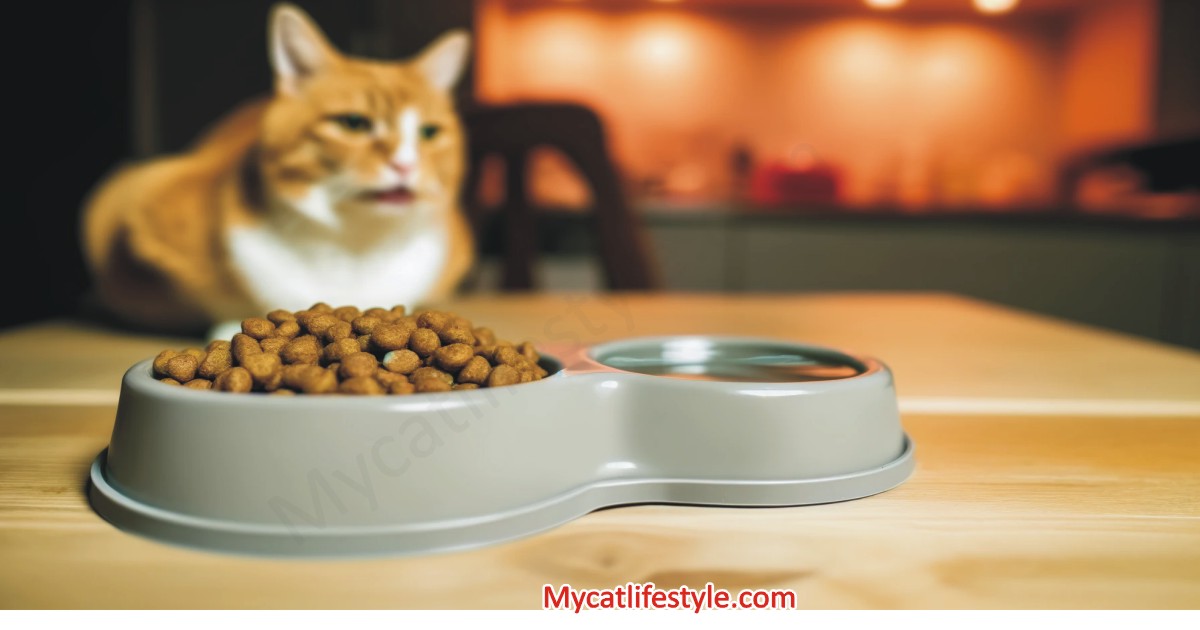
Why is My Cat Not Drinking After A Dental Cleaning Or Dental Surgery?
Following a dental procedure like cleaning or surgery, it’s common for cats to experience some pain and discomfort. Cats suffering from oral pain prior to these procedures often find significant relief afterward. While there may still be some discomfort, it’s generally less severe as the underlying issue has been addressed by the vet.
However, if a cat stops drinking water post-procedure, it risks becoming dehydrated. In such cases, veterinarians might administer a bolus of water. This procedure involves injecting fluids subcutaneously at the back of the cat’s neck, creating a temporary and harmless lump that typically resolves within a few hours. This hydration method can quickly rejuvenate your cat, often renewing its interest in drinking water on its own.
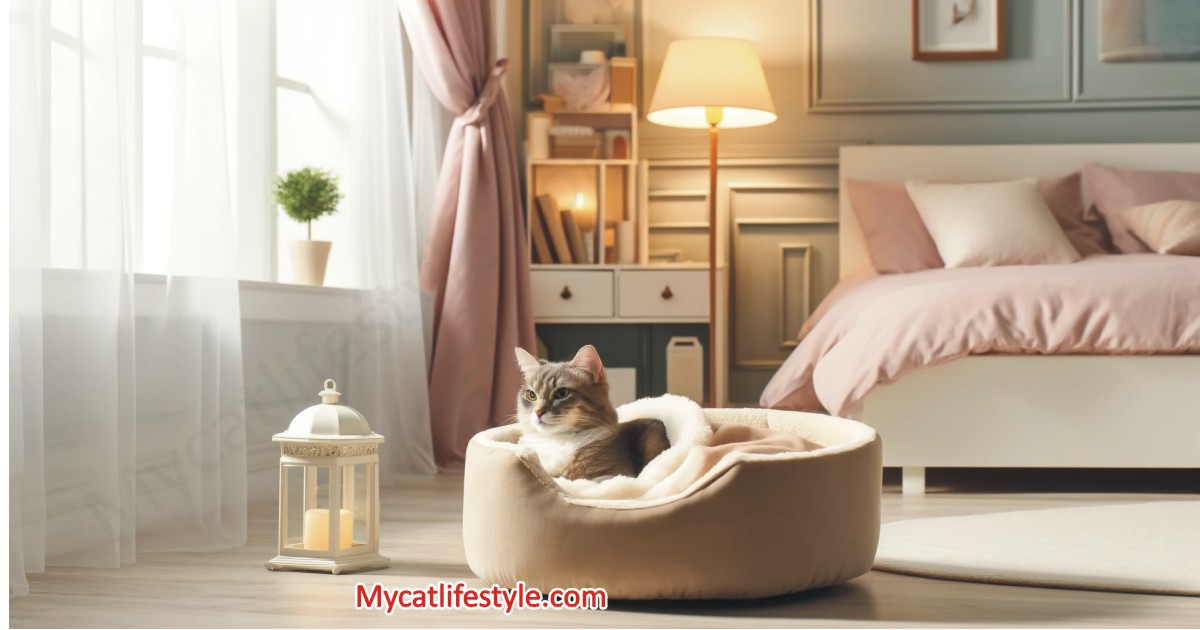
What To Do If My Cat Is Not Eating Or Drinking After A Dental Cleaning or Surgery?
Since 1992, I’ve managed numerous dental issues in cats, including surgical procedures to correct oral problems. I’ve also routinely taken my cats for dental cleanings and I’ve found that none of my cats have gone without food or water for more than 48 hours. It’s crucial to let your cat rest after returning home from the vet, as the car ride and procedure can be quite stressful.
Make sure to provide soft food and water in your cat’s regular feeding area. Avoid giving your cat hard kibbles or treats for at least a week post-surgery and 48 hours after a dental cleaning. Here are some additional tips that I’ve found helpful:
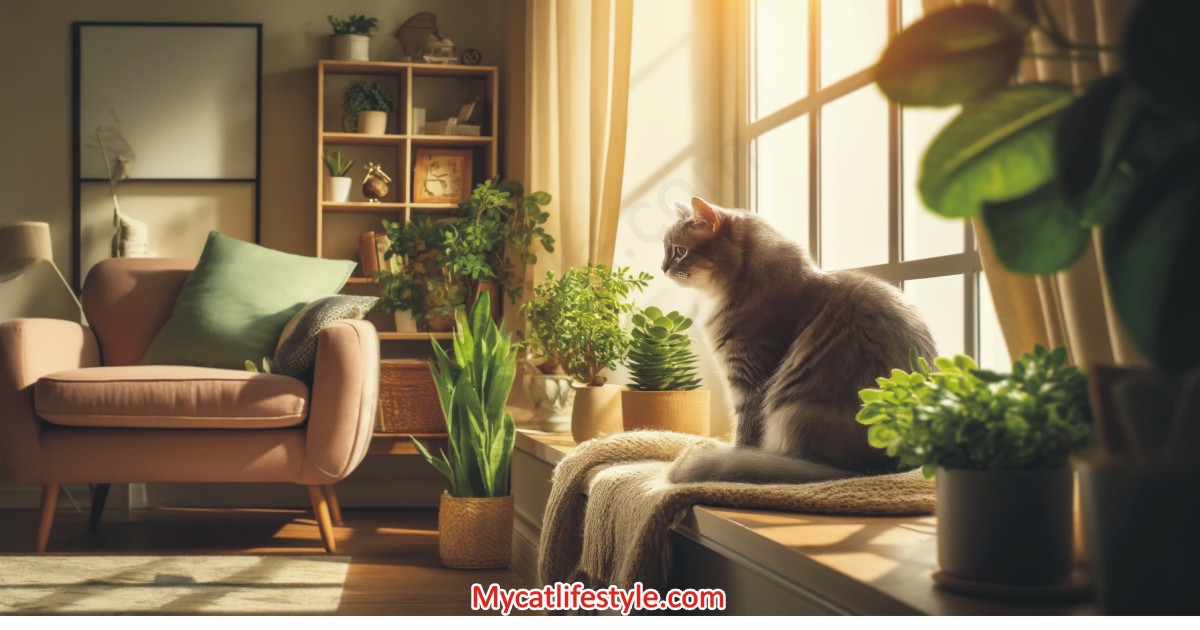
- Avoid dry, hard kibbles. If your cat prefers moist food, that’s excellent. If it usually eats dry food, consider softening the kibbles with low sodium tuna or chicken broth and let them soak until soft, which also helps increase water intake.
- Always keep fresh, filtered water near the food.
- Consider using a cat water fountain, as they can encourage more drinking.
- Offer a variety of dishes. For instance, some cats may refuse to eat from plastic dishes, preferring glass or vice versa.
- Place multiple water dishes around your home to encourage drinking.
- Regularly clean and refill water dishes, ensuring they are filled daily.
- If your cat is comfortable with it, gently administer water using a needleless syringe into the cheek, away from the surgical site. Use small amounts like two to five ccs at a time.
- Lightly wet the tip of your finger and apply a few drops of water to your cat’s nose or lips to encourage licking.
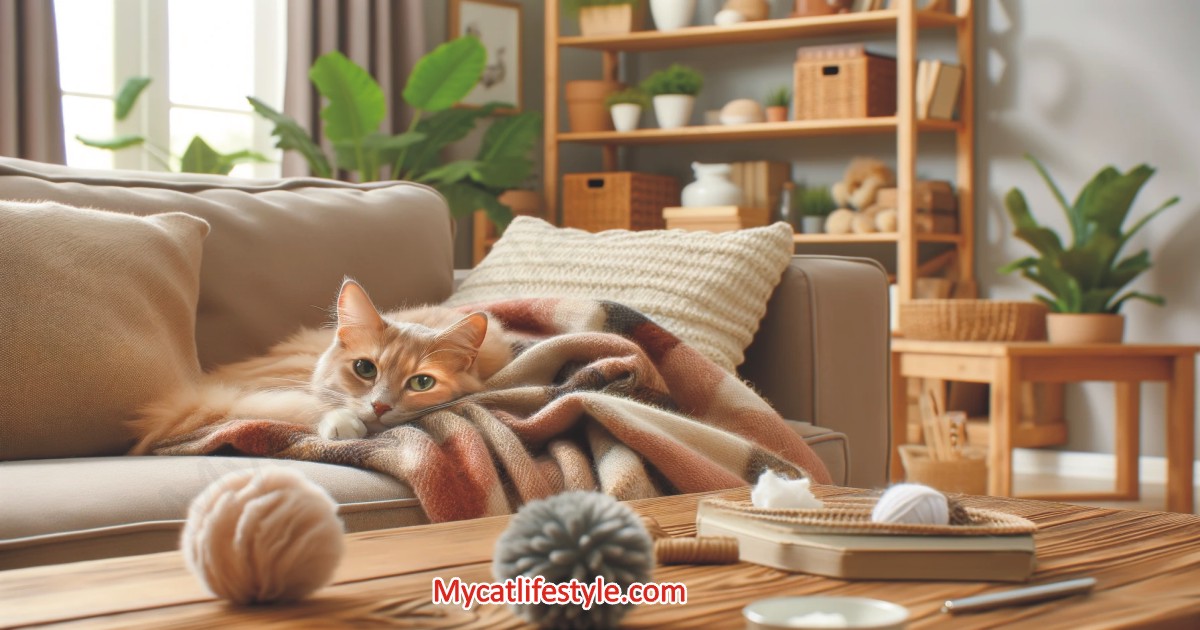
Understanding your cat’s preferences is key. Observe whether they favor a bowl or a cat fountain. For example, while my cat Mia has her own bowl at night, she prefers visiting the central water fountain during the day. It’s crucial not to let your cat go more than 36 hours without drinking water. If this happens, contact your veterinarian who can provide necessary interventions such as administering additional fluids. This will help ensure your cat returns to normal drinking and eating habits promptly.
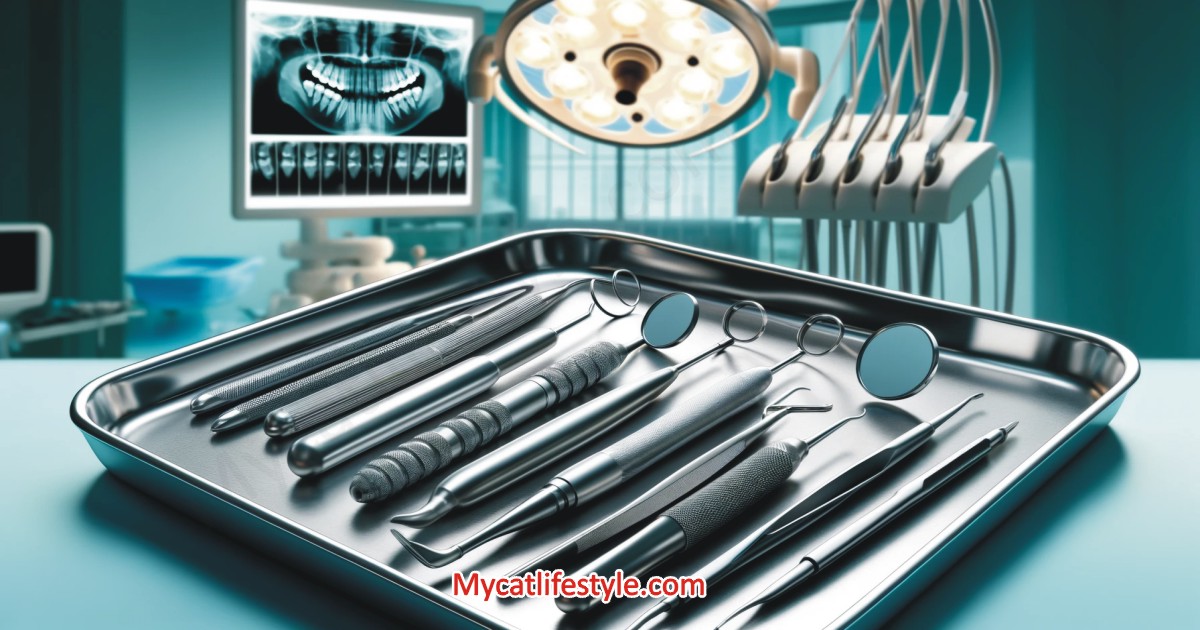
Signs and Symptoms of Cat Dehydration
Dehydration is a serious concern for cats, and it’s important to ensure that your cat does not go longer than 36 hours without drinking water. Signs of dehydration to watch for include:
- Fatigue and low energy
- Dry, pale mucous membranes
- Thick saliva
- Panting
- Sticky gums
- Sunken eyes, which appear less bright and alert

Tips for Better Oral Care
- Feline Dental Greenie Treats
- Dental Finger Wipes
- Petrodex Dental Kits for Cats
- Oxyfresh Dental Care Water Additive
- Purina Dentalife
- Vetriscience Perio Support Teeth Cleaning Powder
Implementing these dental care products and monitoring your cat’s hydration can significantly contribute to their overall health and wellbeing.
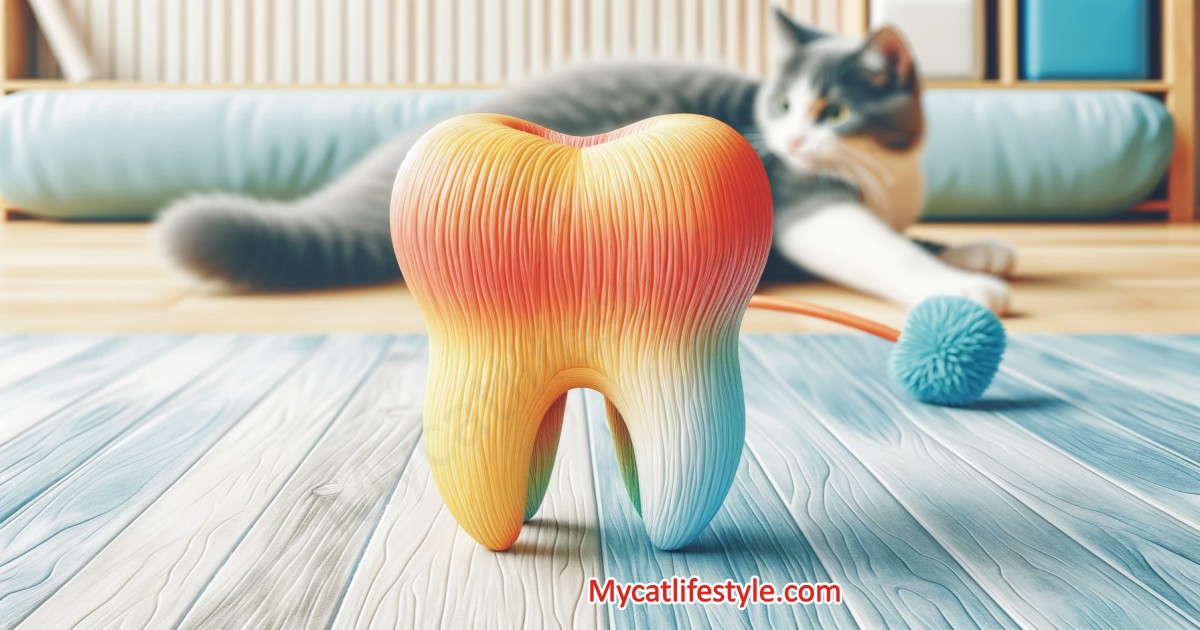
Frequently Asking Questions
What should I do if my cat won’t eat after teeth cleaning?
It’s not uncommon for cats to temporarily lose their appetite after dental cleaning. Offer soft, appealing foods like canned pâté or food softened with broth. If your cat hasn’t eaten for more than 48 hours, consult your veterinarian for advice.
How long can a cat go without eating after surgery?
While a short period of not eating is normal following surgery, it’s important that your cat starts eating within 24 to 48 hours after the procedure. If your cat hasn’t resumed eating within this timeframe, contact your vet for further guidance.
How long does it take for a cat to recover from dental surgery?
Recovery time can vary depending on the extent of the dental work performed. Typically, cats start to feel better and behave more like themselves within a few days. Complete healing from more extensive surgeries might take up to two weeks.
How do you feed a cat after dental surgery?
After dental surgery, your cat’s mouth will be sensitive. Offer soft foods that are easy to chew, such as canned cat food or kibble softened with water or broth. Keep fresh water available and consider warming the food slightly to enhance its aroma and palatability. Monitor your cat’s eating habits closely and adjust as needed to encourage them to eat.
